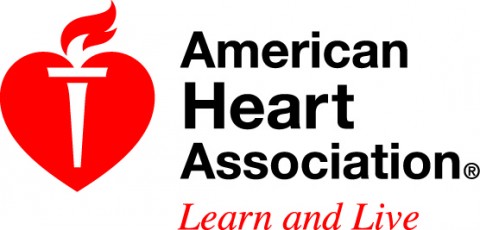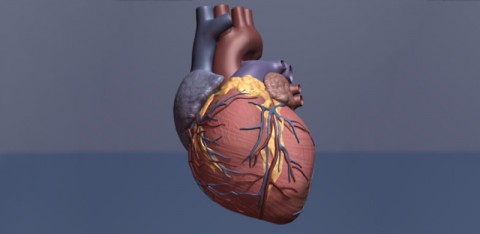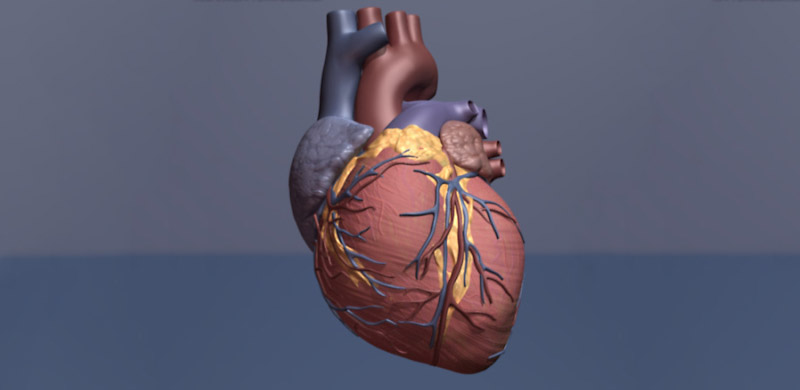 Dallas, TX – According to new research published in Circulation: Cardiovascular Quality and Outcomes, an American Heart Association journal, veterans with specific mental health disorders – depression, psychosis and bipolar disorder – had an increased risk of heart attack, stroke and death from cardiovascular disease.
Dallas, TX – According to new research published in Circulation: Cardiovascular Quality and Outcomes, an American Heart Association journal, veterans with specific mental health disorders – depression, psychosis and bipolar disorder – had an increased risk of heart attack, stroke and death from cardiovascular disease.

The link between mental illness and cardiovascular disease is well established.
However, there has been little research and data on which mental health conditions pose the highest risk for cardiovascular disease.
In this study, researchers assessed veterans at risk for major heart disease and stroke events and death associated with depression, anxiety, PTSD, psychosis and bipolar disorder. The analysis included data from more than 1.6 million veterans ages 45 to 80 who received care in the Department of Veterans Affairs healthcare system from 2010-2014. About 45% of the men and 63% of the women had been diagnosed with a mental health disorder.
When controlling for age, cardiovascular risk factors such as blood pressure and cholesterol, other mental health conditions and psychiatric medications, both men and women with various mental health diagnoses except post-traumatic stress disorder had a higher risk of cardiovascular events and death over five years.
Additional findings from this study:
- In particular, among men, depression, anxiety, psychosis and bipolar disorder were associated with an increased risk of death from cardiovascular disease. And, depression, psychosis and bipolar disorder were also linked to cardiovascular events such as heart attack and stroke.
- Among women, depression, psychosis and bipolar disorder posed a higher cardiovascular disease risk. Psychosis and bipolar disorder also increased the risk of death.
- A diagnosis of psychosis, such as schizophrenia, among both men and women posed the strongest risk for heart attack, stroke and death from cardiovascular disease.
- A PTSD diagnosis among men in the study was associated with a lower risk of cardiovascular disease compared to the study population as a whole. This finding differed from some previous studies.
According to the study authors, this is the largest-scale assessment of the associations among different psychiatric conditions and major cardiovascular outcomes. Researchers state that these findings have implications for estimating cardiovascular risk among patients and determining who might benefit from interventions such as cholesterol-lowering medications and blood pressure treatment.
“The bottom line is that when considering a veteran’s health care needs, mental health status, especially for more severe mental illnesses, should be taken into consideration when calculating cardiovascular disease risk and considering the appropriate treatment options,” said Mary C. Vance, M.D., M.Sc., an employee of the Henry M. Jackson Foundation for the Advancement of Military Medicine working as assistant professor of psychiatry at the Uniformed Services University School of Medicine and lead author of the study.
The researchers say that although their study population was large, results could differ in a population outside of the Veterans Affairs health system.
Co-authors are Wyndy L. Witala, Ph.D.; Jeremy B. Sussman, M.D., M.S.; Paul Pfeiffer, M.D., M.S.; and Rodney A. Hayward, M.D.
Author disclosures and funding sources are available on the manuscript.
Additional Resources:
- View the manuscript online.
- AHA News: PTSD alone didn’t increase heart disease risk in veterans with PTSD
- Follow AHA/ASA news on Twitter @HeartNews



